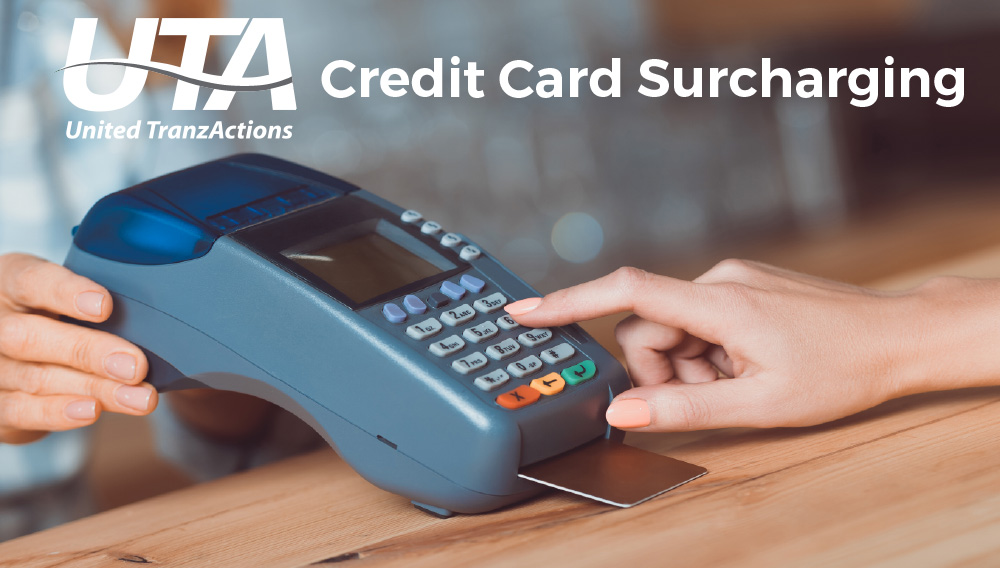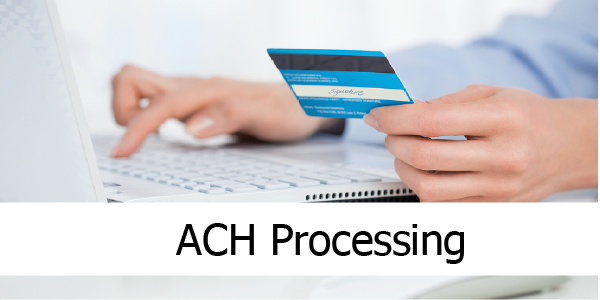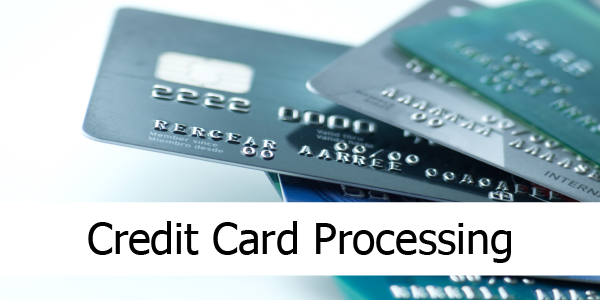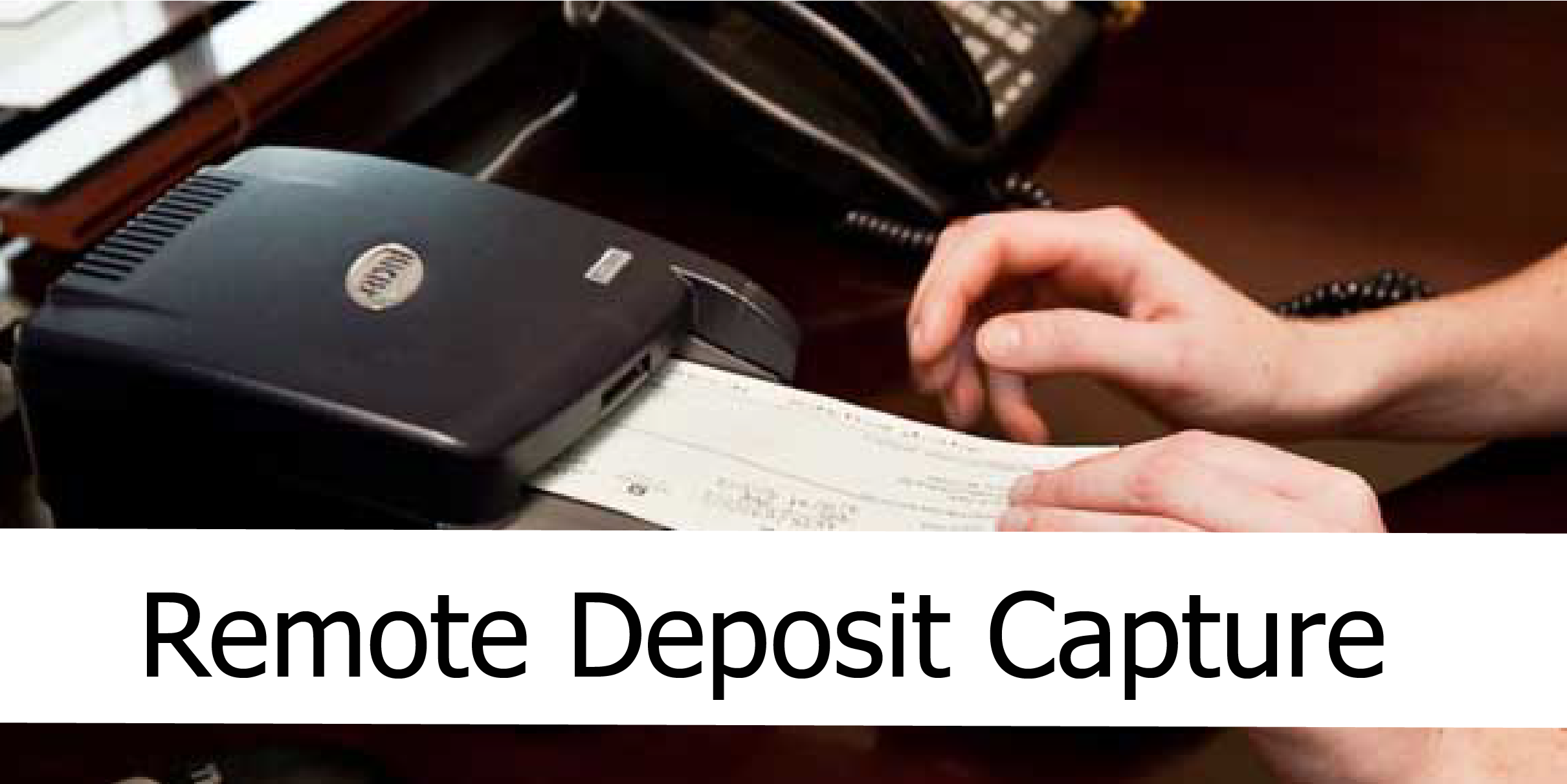Uta’s Credit Card Surcharging Guide

The subject of credit card surcharging has generated a great deal of interest and confusion in the payment industry. To help navigate you through some of the rules, UTA has answered many of the primary questions posed by its customers that have implemented surcharing.
What is a credit card surcharge?
For a merchant, credit card processing fees can make it difficult to turn a profit. As a result, many merchants are passing along a surcharge which is an additional fee that a merchant adds on to a transaction when a customer uses a credit card as a form payment.

Are there limits to the amount that a merchant may surcharge?
Merchants may add a surcharge fee that does not exceed the cost of accepting and processing the credit card transaction. In no event can the merchant assess a surcharge above 4%
Are there any items to consider before implementing surcharging?
Yes, merchants are required to provide their merchant acquirer (processor) and the card networks with an advance
Can a merchant add a surcharge fee whenever they want?
Merchants are allowed to add surcharge fees to credit card transactions only, whenever allowed by federal and state law. Debit Cards, Gift Cards, and Pre-paid cards may not be surcharged under any conditions.
Are merchants required to disclose the surcharge fee to their customers?
Yes. U.S. merchants that surcharge must disclose the surcharge dollar amount on every receipt. In addition, disclosures that a merchant outlet assesses a surcharge on credit card purchases must be posted at the point-of-entry and point-of-sale.
Credit card surcharges vs. convenience fees
A convenience fee and surcharge is an additional fee that is assessed to accept a credit card payment but there are stark differences between how these fees can be applied. A surcharge is a fee that covers the cost to accept a credit card transaction across all payment channels. Meanwhile, convenience fees are required to be assessed on alternative payment channels that are offered to a payee as an added convenience. A merchant is not allowed to charge a convenience fee through their primary payment acceptance channel and most offer an alternative payment channel that will assess a convenience fee if utilized. For example, a convenience fee can be charged on payments processed over the phone instead of the primary acceptance channel which is an online payment portal.
Eliminate cost prohibitive credit card acceptance fees, while adhering to compliance requirements, by utilizing UTA’s surcharging solution. For more information on UTA’s surcharging solution, please feel free to click here or call us today at 800-858-5256 ext. 3028.









